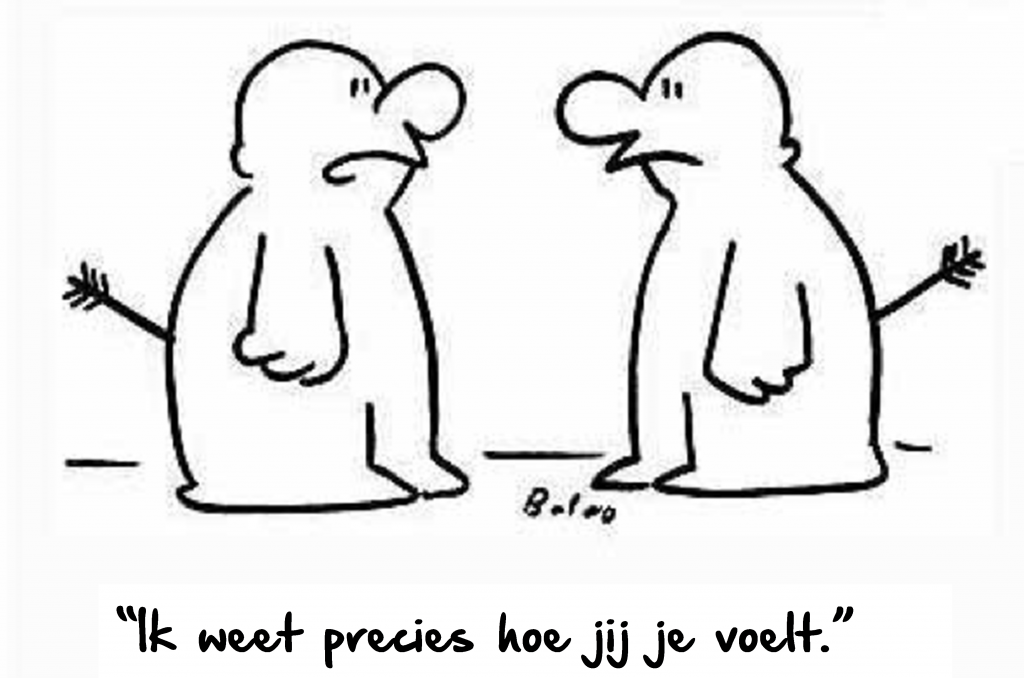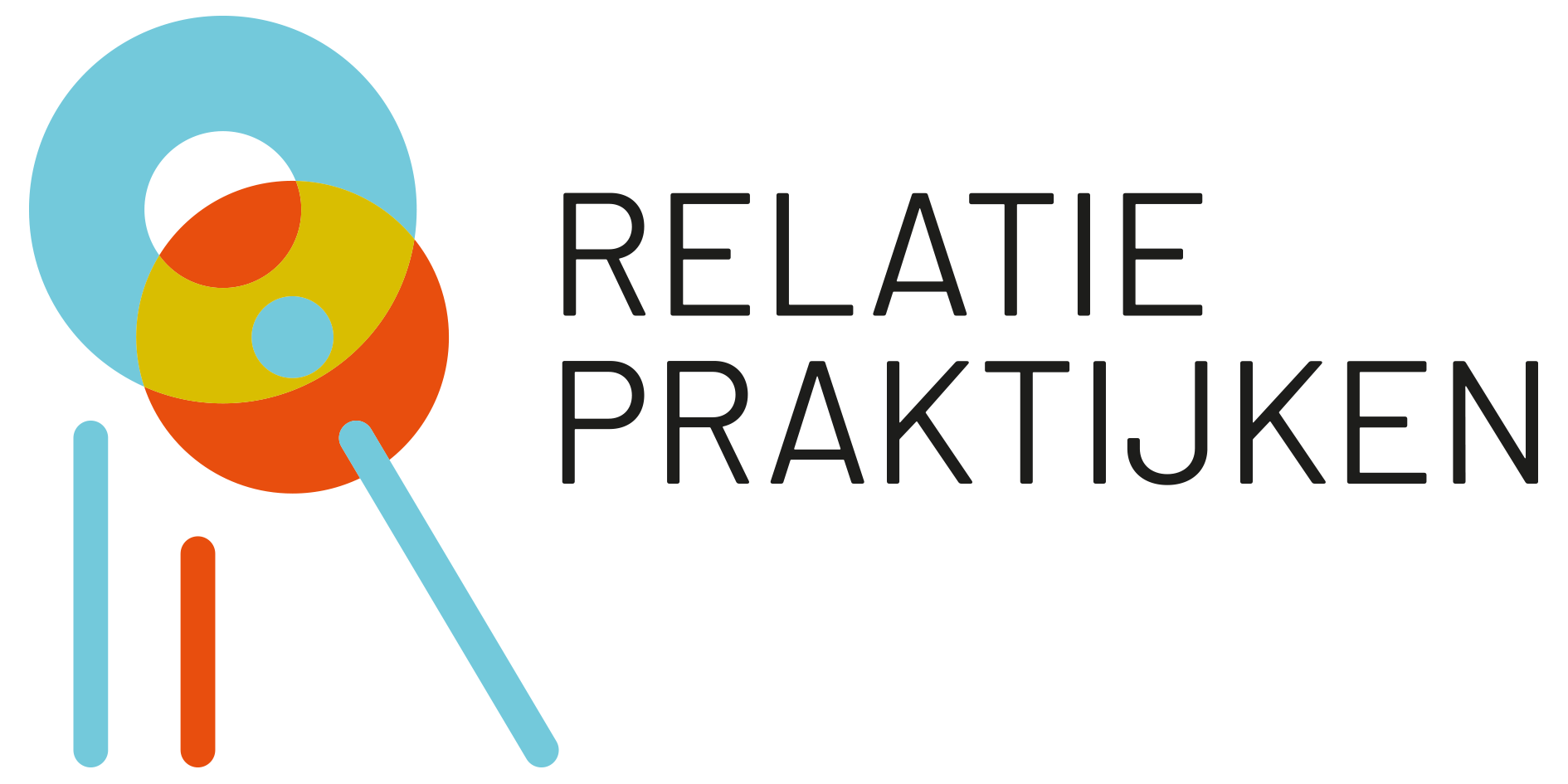What do we mean by empathy?
The word empathy is derived from the Greek word empatheia, which means to feel. Empathy, then, is the ability to understand another person’s feelings by empathizing with them. We now know that people have mirror neurons that give us an idea of what others are feeling. Our mirror neurons allow us to sense emotions and give meaning to the behavior of others.
Mirror neurons also ensure that we can empathize with another person. Our empathic capacity is linked to this and ensures our involvement with the other. Our body unconsciously mimics the facial expression or posture of the other person; we then respond on an emotional level and offer some form of help.

A negative interaction circle
Despite these mirror neurons, not all people can resonate with understanding what another is feeling. There are sometimes medical reasons for this (e.g. mental illness, autism, etc.). However, the most common reason for a lack of empathy is the negative cycle that couples can get into. The devilish dance of clinging and withdrawing. When couples stop meeting each other’s needs, these destructive interactions can develop.
When we feel that our partner is not there for us emotionally, our brains go off with an alarm signal. We go into Survival Mode – Fight (Chase), Flight (Retreat) or Freeze. This survival mechanism helps us as a warning when there is real danger. However, in our daily togetherness, this survival mechanism ensures that we are no longer able to connect.
A negative interaction cycle arises in which both partners are triggered. I also call it; ‘the attachment alarm is going off’. It prevents couples from really being present with each other. In fact, when we are preoccupied with survival (becoming hypervigilant to threats), we are no longer able to receive our partner’s anger or sadness.
Empathy needs connection
Brené Brown showed a wonderful animated short in her Power of Vulnerability Ted Talk in 2012. She beautifully shows us what empathy looks and feels like.
The good news is that empathy and connection is something couples can develop. Emotionally Focused Couples Therapy helps couples unravel the destructive patterns that have kept them trapped in their reactive cycle. Understanding one’s attitude in the cycle, as well as the emotions and needs underlying it, calms anxious, distressing feelings. It allows couples to discover new ways to approach each other; they can connect with greater security and renewed confidence .


Recent Comments